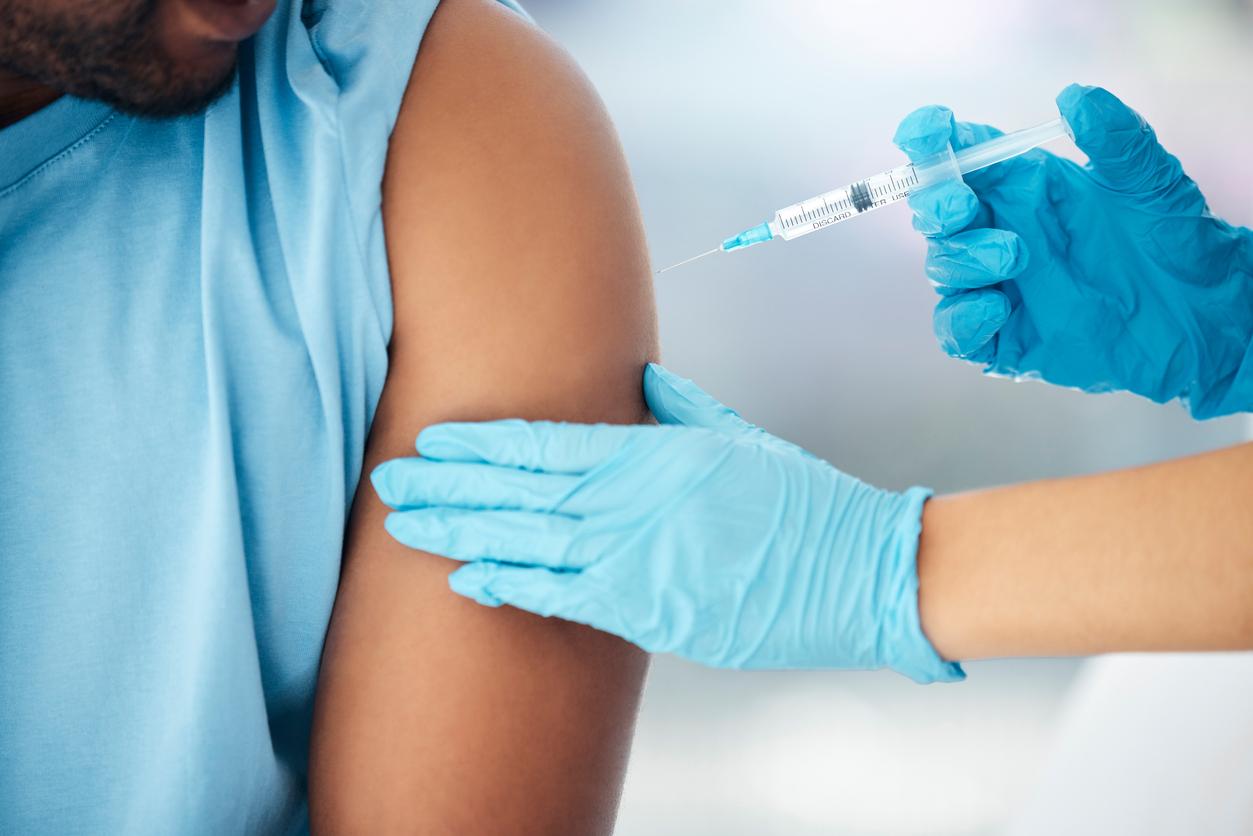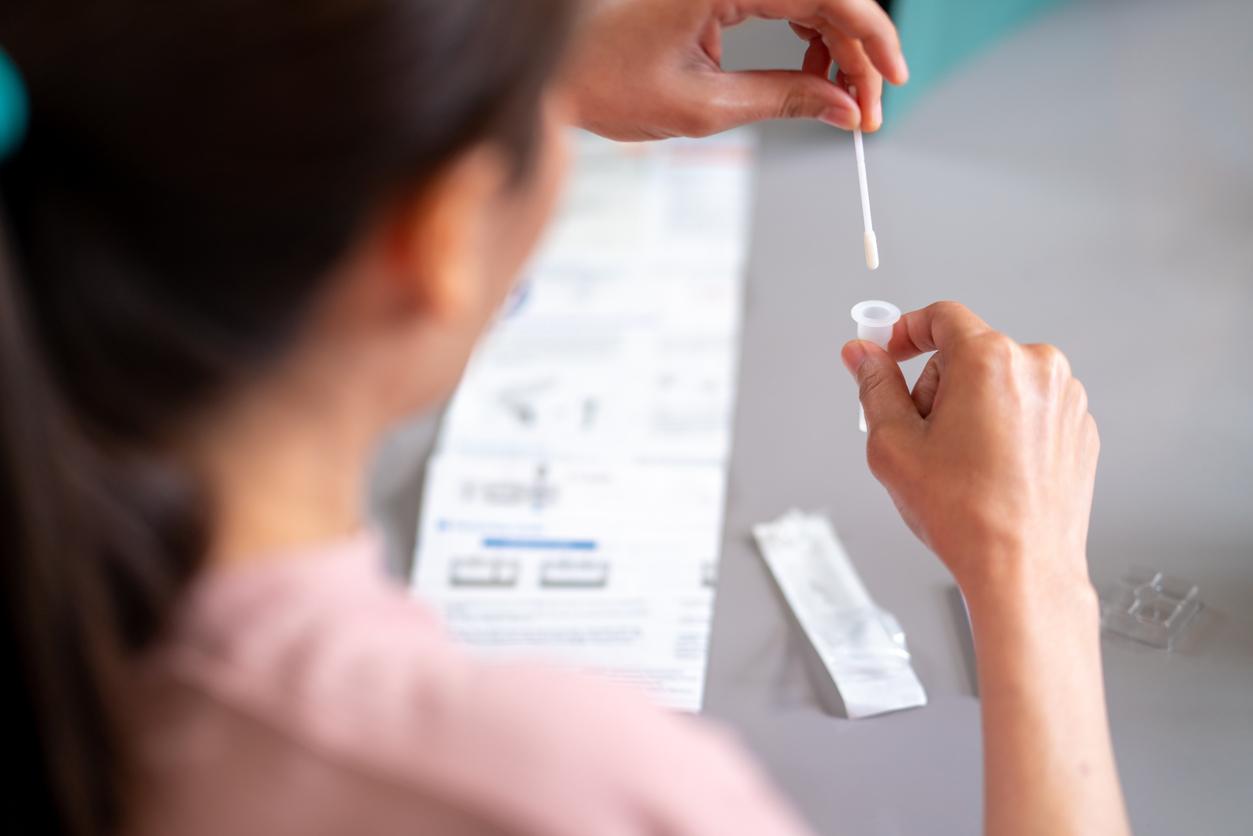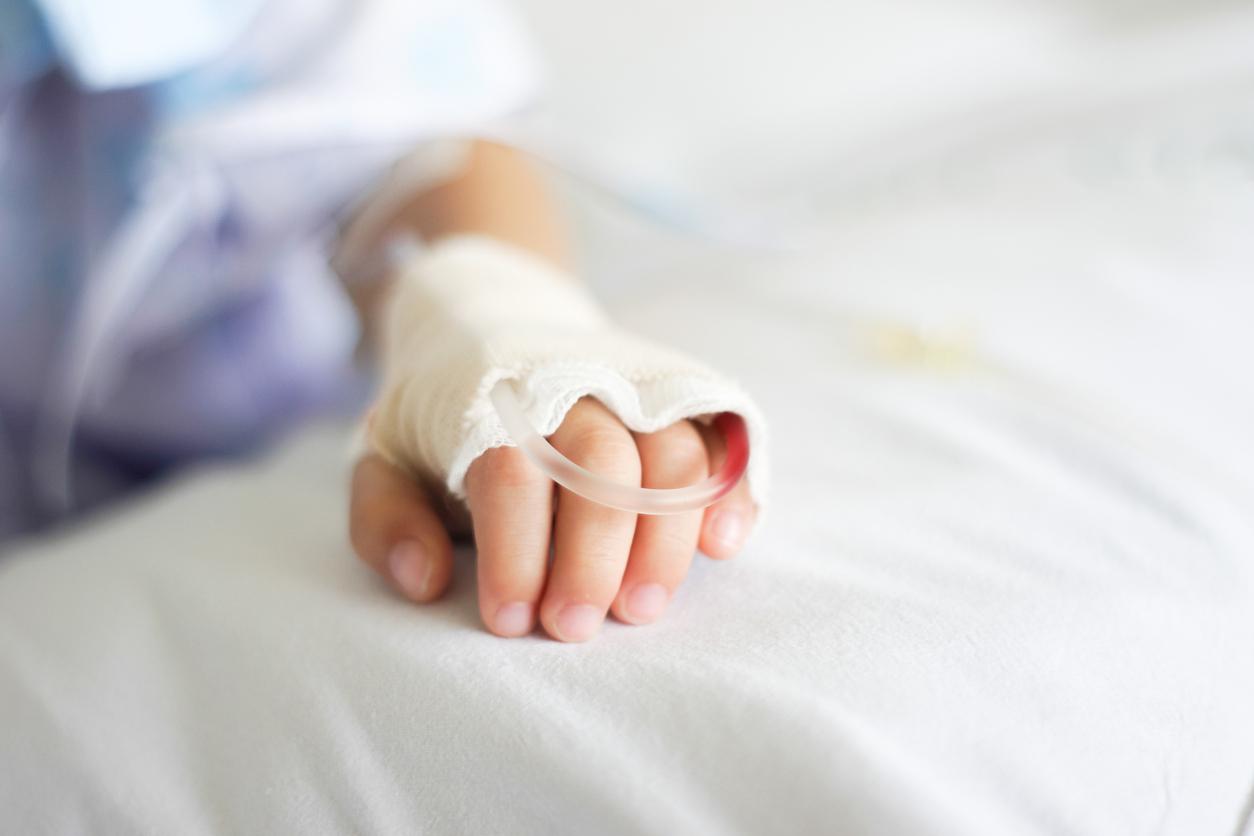The World Health Organization (WHO) and Unicef warn of a growing decline in vaccination.

- Some French people delay having their newborns vaccinated.
- This is the first time in 28 years that the world has seen a reduction in DTC3 coverage.
“Preliminary data for the first four months of 2020 indicate a substantial drop in the number of children completing all three doses of the diphtheria, tetanus and pertussis (DTP3) vaccine. This is the first time in 28 years that the world has seen a reduction in DTC3 coverage.”, alert the WHO and Unicef in a joint press release. At issue: the coronavirus health crisis, which is hitting France hard.
A question of budget
In fact, some French people are slow to have their newborns vaccinated, despite reminders from Health Insurance. For a budgetary question, first. While the Covid-19 crisis is reducing the income of many households, it is indeed necessary to advance the costs of the purchase of the vaccine in pharmacies, then the price of consultation of the health professional.
For fear of leaving the house during an epidemic period and exposing oneself to possible contamination, afterwards. Most pediatricians’ offices require the wearing of a mask and the visit of only one parent for vaccination, but they remain places favoring the transmission of Covid-19 through the air. Ditto for taking transport, dreaded by many couples. Finally, the PMIs, an important relay for vaccination campaigns in France, are for the most part closed because of the pandemic.
Trigger a catch-up if necessary
In June, the High Authority for Health (HAS) estimated at 44,000 the number of infants aged 3 to 18 months who had not received vaccines against diphtheria, tetanus, poliomyelitis, whooping cough, meningitis due to Haemophilus influenzae type b bacteria and hepatitis B.
The institution invites today “people who have had to postpone their vaccinations or those of their children and infants, to consult their doctor or pediatrician as soon as possible. At the same time, it invites health professionals to systematically check the vaccinations of their patients in order to trigger a catch-up if necessary.
.

















